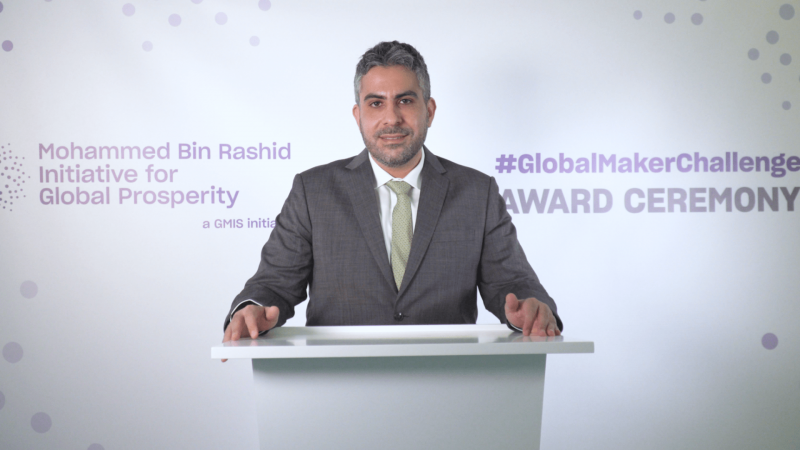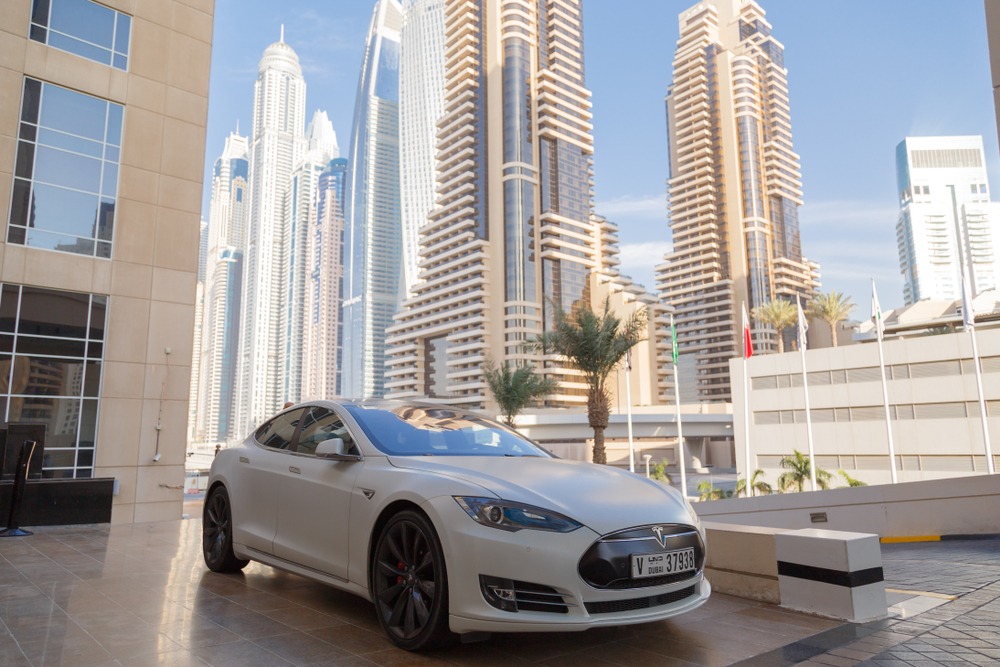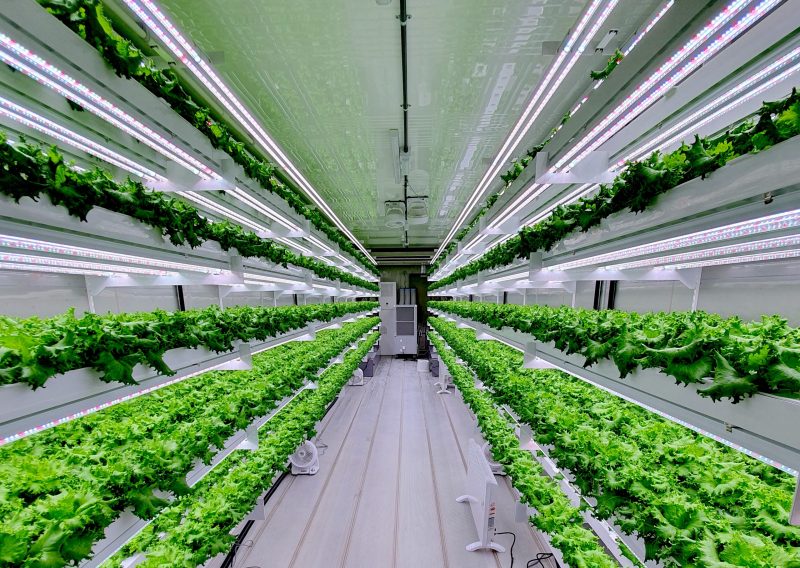How this Pandemic changed the trajectory Of Ramadan food waste,
Food & Beverage, Opinion Piece

May 17, 2020, 4:01 am
By Noorah Lootah
Muslims across the UAE are celebrating Ramadan under the shadow of this global pandemic. In these unprecedented times, Muslims are forced to change the way they prepare and celebrate this Holy month. Ramadan is a month which all able bodied muslims abstain from food and drink from sunrise to sunset. As well as connecting to God through reading the Quran, communal prayers and charitable deeds. Cultural norms have also made this the month of socialization and feasting. As a result of these norms, food waste which is already an issue in the UAE, doubles during Ramadan. With excess amounts of food becoming the norm and an increase of food leading to more food waste ending up in landfills. This unfortunately leads to the food decomposing and releasing methane, a greenhouse gas that is detrimental to the planet. The economic cost of producing, transporting and packaging this food is also waste which cost the country millions. Apart from the economic and environmental costs, this issue is one of morals. How can we waste food while millions suffer from hunger and malnutrition?
The regular routine of preparing three meals a day is disrupted in the month, to preparing only two main meals. The iftar “the breaking of the fast” and suhoor the last meal before the break of dawn. Logically this would translate to less food, however, in the years prior, I have observed families spending their Ramadan days cooking multiple dishes. In this month, women spend more time in the kitchen than any other month in order to satisfy everyone’s cravings. With a wide quantity of food being presented at the table or buffet style tents, that at worst gets thrown on the same night or stays forgotten in an overfilled fridge.
During Ramadan supermarkets would be packed with families doing their daily shopping. In any other month, people would buy a variety of food they enjoy with a very flexible idea of what to make. Ramadan has a shorter eating window so people would try to include as many side dishes, desserts and more than one main dish. With people deciding on what meals to prepare for iftar on the same day or the night before, this usually amounted to daily supermarkets trips.
In these times, the normal rounding of heading to the supermarket has been drastically altered. The daily shopping routine has been replaced with a nerve racking bi-weekly trip or online grocery delivery. With shopping trips, consisting of one member of the family tasked with buying everything on a well planned list. The same mindful planning applies to online delivery, with families planning their meals in advance and buying accordingly.
This pandemic has forced people to practice mindful shopping in order to avoid the risks of venturing outside. With people taking a more mindful approach to shopping, they can be more specific with planning their shopping with specific meals in mind. They would not deviate from their plan for any marketing ploy or impulse purchases. As well as review the ingredients they already have in their pantry before making their list. In this Holy month which unfortunately due to our abundance of food was heavily food centric, people have been assessing the difference between needing and wanting.
We are very fortunate that despite this global pandemic, the UAE has been vigilant in maintaining our food security. Supermarket shelves remain stocked and the supply lines undisturbed. Muslims can go through Ramadan without worrying about extensive food shortages in the UAE. In Ramadan, the norms make it a food-centric period, despite the limited eating window. Celebrating Ramadan during a pandemic has caused people to assess the difference between food needs and wants. While fasting there is usually a disconnect between the food we need to function and the food we want to eat. This disconnect often leads to excessive amounts of food being purchased and eventually wasted. Adopting a mindful shopping practice is an important step in reducing food waste and reducing household food costs. By being more mindful and organized with the way we shop, consumers would have the power to help the planet and reflect on ways food can be redistributed to those who need it. More research needs to be given to people who unconsciously practice mindful shopping and its impact on food waste during these uncertain times. People have developed habits that I hope would be a permanent fixture in their lifestyles.










